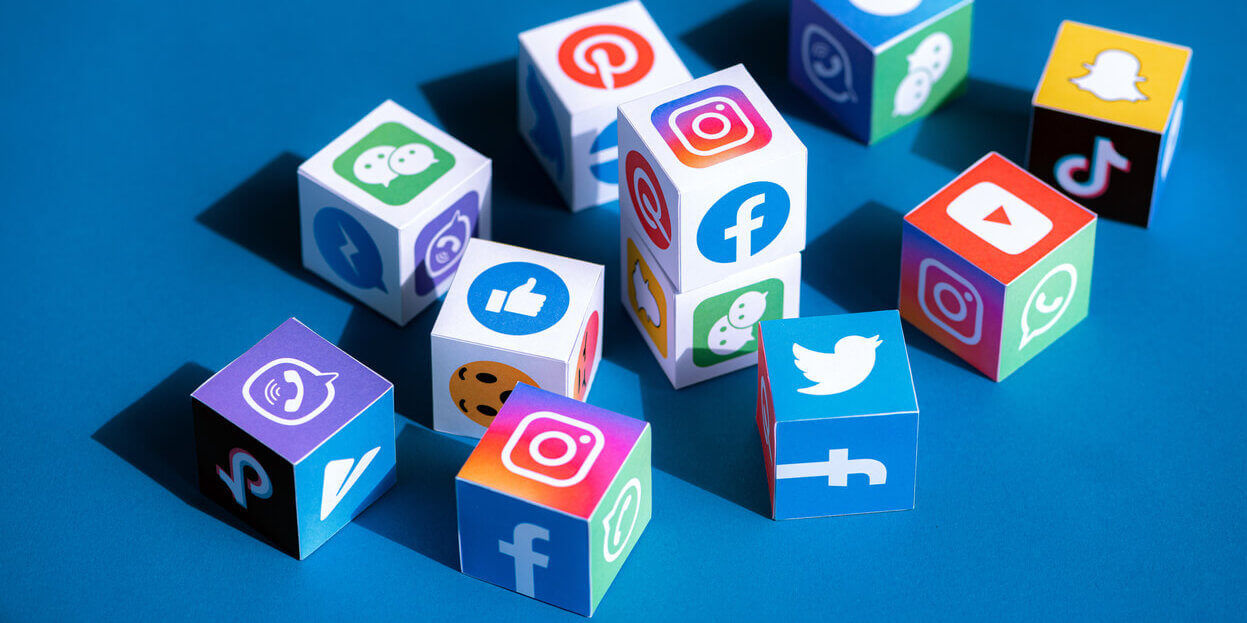A few years ago, I quit Facebook and Twitter. At first, it was hard. I felt like I lost connection with friends and some former students and families. I soon realized that I had all of their emails and the phone numbers of people in my life who really mattered, and that I was having more authentic connection when I reached out personally. I also found that I was not getting immersed in inane and ugly news stories, as well as clickbait that played on emotions. I was able to be more present. I wasn’t thinking about what to post as I was fly fishing or rock climbing. I was fully in the moment. There have been a few recent films on social media that absolutely reinforced my decision to get off social media. One is The Great Hack, which focuses on the Facebook-Cambridge Analytica data scandal, and another is The Social Dilemma.
I don’t like knowing that I am being manipulated. I am pretty sure no one does. I would encourage you to watch these films to gain a better understanding of how social media can influence people and human behavior. Right now, in the Upper School, students are watching parts of The Social Dilemma and having conversations in advisory. When I was in graduate school, a key part of my research was examining the unintended consequences of policy decisions. In the 1990s, the promise of the Internet was that it could serve noble purposes: connecting humans and creating better understanding. However, we know now that bad actors have used the Internet to divide and spread misinformation. We have seen tech companies acquire tremendous power and influence. We know major issues surround one’s privacy. And, we also know that social media has had an adverse effect on mental and physical health. In The Social Dilemma, interviews with some of the very same computer scientists and engineers who created this technology cast a spotlight on the significant threat that social media poses to our society and culture.
Some of the conclusions of The Social Dilemma are quite concerning. There are design features “like push notification and the endless scroll of the newsfeed that have created a feedback loop that keeps one glued to their devices.” The self-publishing feature allows “bad actors the tools to sow unrest and political division.” Conspiracy theories have always been around in American politics, but social media allows them to gain traction and shape public opinion in a way that was simply not possible in the golden age of the newspaper industry, when editors and learned thinkers could vet ideas before publication.
Social media posts can have life and death consequences. The International Journal of Academic Medicine noted recently: “During this [pandemic] crisis, lack of awareness, knowledge, and preparedness…put people and health care staff at risk. The dilemma is how to pass the knowledge of current disease statistics and its prevention to the general population at a rate equivalent to or better than the spreading epidemic. At the same time, a huge amount of health-threatening misinformation is spreading at a faster rate than the disease itself. The major proportion of this false rumor is disseminated…through social media.” In my War on Terror class, I speak to my students about how Al Qaeda and ISIS use social media to recruit jihadists. An internal Facebook report in 2018 found that 64% of people who joined extremist groups—in the United States—“did so because the algorithms steered them there.”
Concerns about mental health should alarm every parent whose child has a smart phone. We have had numerous SPEAK lecture talks about social media use. (Register and join us next week to hear Ana Homayoun talk to parents about Social Media Wellness.) We know that students are going to have access to these sites. But, we want them to be aware of how this technology works and how it can affect a person. The American Journal of Epidemiology in 2017 observed that high levels of social media use “correlated with self-reported declines in mental and physical health and life satisfaction.” The film, The Social Dilemma, follows a family and does an excellent job revealing how the algorithms in social media may cause harm in a variety of ways.
I say all of this, being aware that Colorado Academy is active on social media. Social media is so embedded in our culture that no organization can ignore various platforms. Our communications team sees great value in connecting with families by sharing student achievement. Our social media channels inform and build community. Engagement is strong, and we welcome families to follow and like us on Facebook, Instagram, and Twitter. But, if you are like me and don’t have social media, you can see what’s happening on our social hub on the CA website.
Still, if you have a little time this weekend, I would encourage you to educate yourself more on how social media was created and the increasing power it is gaining over our lives. As someone who gave all this up a few years ago, I would say I am still connected, better informed, and less tied to my device.
Dr. Mike Davis
Head of School
Colorado Academy
Note: We have not had students watch The Great Hack, as it is might be perceived as more partisan in nature. The program catalogs how Cambridge Analytica used Facebook data to target “persuadable” voters in the Brexit vote and in the 2016 election. What you will see in that film is how one’s personal data can be used to predict human behavior.
